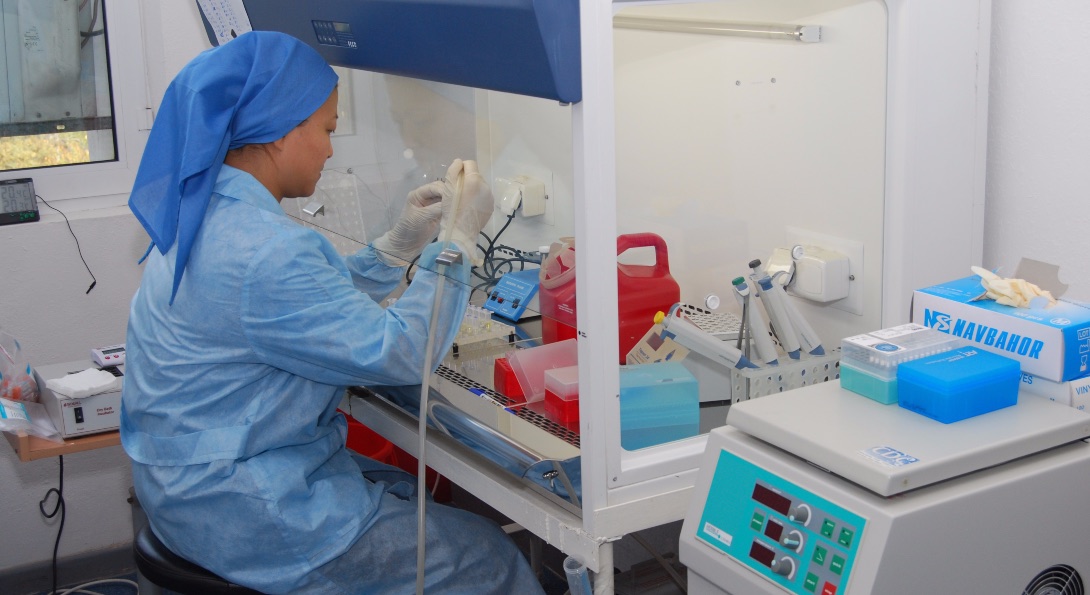Addressing emerging infectious disease threats in Uzbekistan

Project introduction
Emerging infectious diseases are arising at an unprecedented pace. During the last decade, about 40 infectious diseases have been discovered, including most recently COVID-19. With a large amount of Uzbek population working abroad and traveling much more frequently and living in more densely populated areas, the potential for infectious diseases to spread rapidly poses complex challenges to global and local public health. Health and finance ministers in resource-constrained countries and donor agencies recognize that data from effective surveillance systems help target resources and evaluate programs. The COVID-19 epidemic underscored the critical role of surveillance in protecting individual nations and the global community.
The goal of this project is to improve the surveillance strategy and response capacity of the public health workforce in Uzbekistan and empower the workforce responsible for preventing and controlling emerging infectious diseases and foster education and research exchange between Uzbekistan and the US in the area of the emerging and re-emerging infectious diseases.
Partners
-
Department of Infectious Diseases
Tashkent Institute of Postgraduate Medical Education
-
Scientific Research Institute of Virology
Tashkent, Uzbekistan
-
University of Illinois Chicago School of Public Health
Global Health Program
Project goals
- Support strengthened pedagogy in the development and adaptation of the on-line surveillance course. Course development will be jointly conducted so that there is bidirectional learning and contribution. Develop objectives broadly relevant to emerging infectious diseases and generalizable course rubrics that support translation to continuous course development and adaptation.
- Trial a student exchange. Our schools will derive significant benefits from two-way student and faculty exchanges and collaborative workshops regarding relationship building, sociocultural learning, multifaceted approaches to education, and improved analytical and problem-solving skills.
- Because funding stability is a priority for sustainability, we seek to identify areas of collaboration in faculty research to identify opportunities and build motivation for a long-term partnership.
The program is supported by UniCEN and the US Department of State and is directed by Irina Dardynskaia, PhD, research associate professor of environmental and occupational health sciences. It builds on two successful projects at the School of Public Health
- An NIH Fogarty funded “International Training and Research in Environmental and Occupational Health Program in the Newly Independent States of the Former Soviet Union” (D43 TW000653) directed by Dardynskaia and Daniel Hryhorczuk, PhD, professor emeritus of environmental and occupational health sciences
- An NIH-funded study of HIV risk and protection among labor migrants (R21 HD078198) directed by Dardynskaia and Stevan Weine, MD, professor of psychiatry.